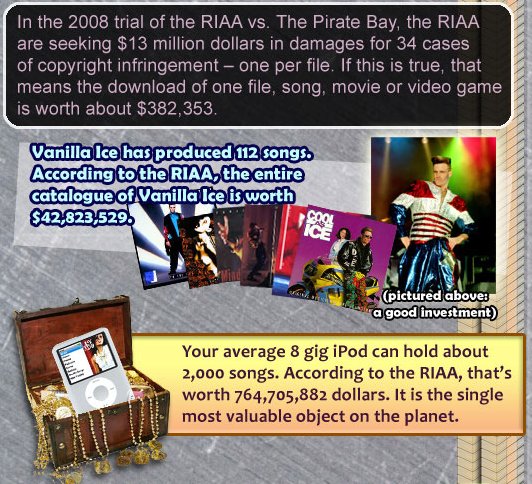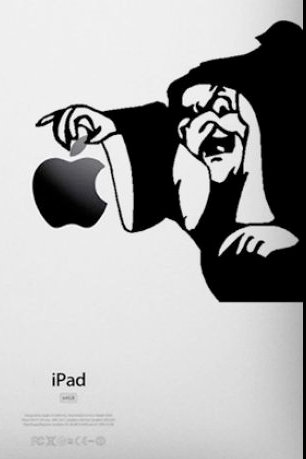adamburtle: “The first iPhone captivated the world because the interface was so well done, so snappy, so interactive; it was like nothing before it. Of course it was, it was an Apple product. That, right there, is why I buy Apple products. And I didn’t even mind that it was missing “copy and paste,” MMS, ringtones, etc — because I knew Apple would eventually get to these through software updates. And eventually they did. Unfortunately they kept coming out with new phones. With faster processors. And they wrote all their software updates for these phones, with little attention to deprecated models. I don’t really use third party software on my phones, I honestly don’t even use ringtones. I just my phone for SMS, web, maps, and occasionally as an actual phone, so the 3G model was more than I ever needed.
“Except over time, it’s fulfilled my needs less and less. And it’s not because my needs have grown. It’s not because I’ve installed a bunch of laggy software. It’s because Apple’s firmware has become bloated, with respect to the processing power of the 3G iPhone. I just installed iOS 4 two weeks ago, and at this point, I’d be happy to roll back to the first firmware I ever had, just to have that original speed again; forget about the copy and paste, I don’t need it that badly. “
H/T to Michael O’Connor Clarke for the most graphical example of why you don’t always want to be the first one to install new software.





